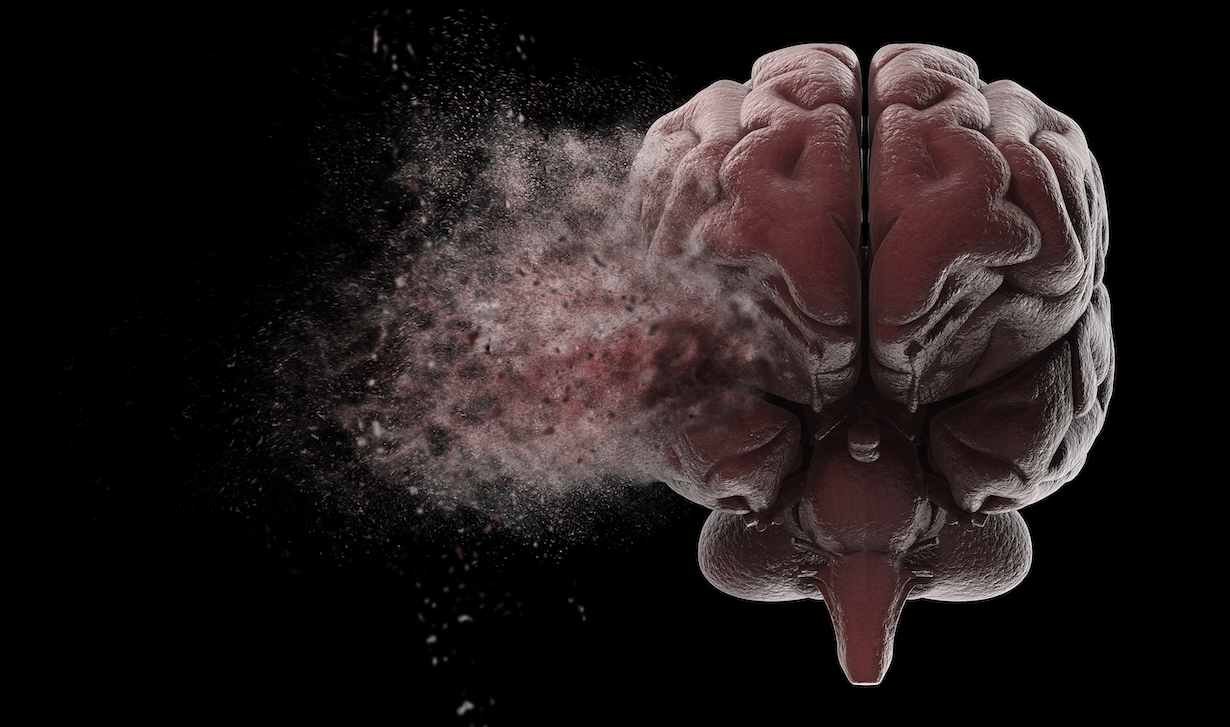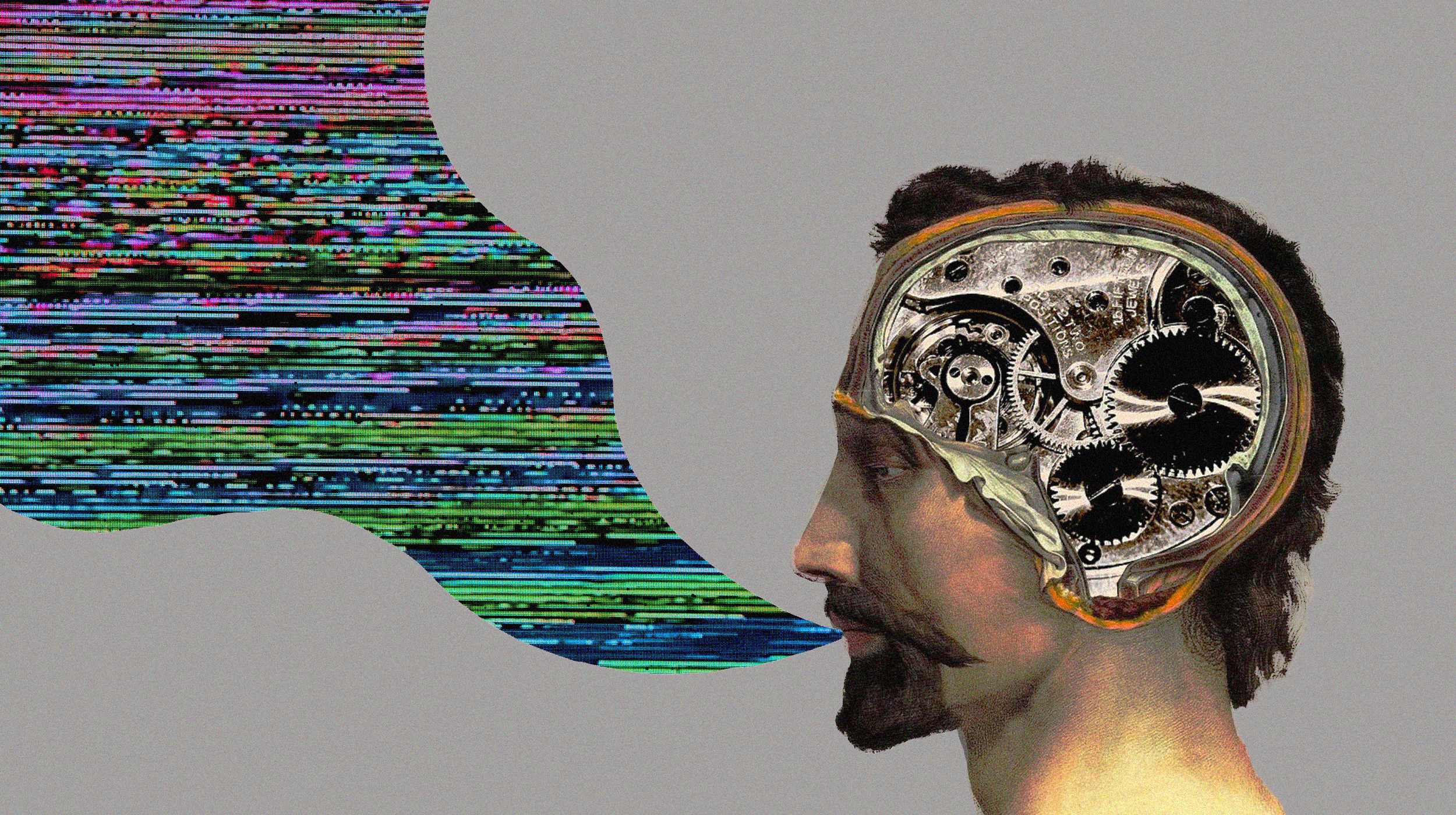Neuroscience Proves (However Reluctantly) That We Have Free Will

Recent discoveries in neurology and quantum physics offer opposing support for the two traditional camps in the free will debate. On one hand, our brain is affected by causal events and the degree to which we think we control our mental processes is greatly exaggerated. On the other hand, random fluctuations in the realm of elementary particles provides an out from the causal chain.
In most respects, neurology’s attack on free will seems to have won the day, not the least reason being that randomness is a far cry from making free and intentioned decisions. But still, philosopher and Big Think expert Daniel Dennett recently outlined the flaws of neurology’s approach to the brain. It’s true that experiments have shown we are less in control of our actions than we’d like to believe–whether as a result of subconscious drives or supervening social influences–but as Dennett points out, exceptions may prove the rule:
“[T]hese experiments invariably exhibit the capacity of a stalwart few to resist the enormous pressures arrayed against them. Is there a heroic minority of folks, then, with genuine free will, capable of being moved by good reasons even under duress? It’s better than that: you can learn—or be trained—to be on the alert for these pressures, and to resist them readily.”
Here, Dennett elaborates his position in a Big Think interview:




